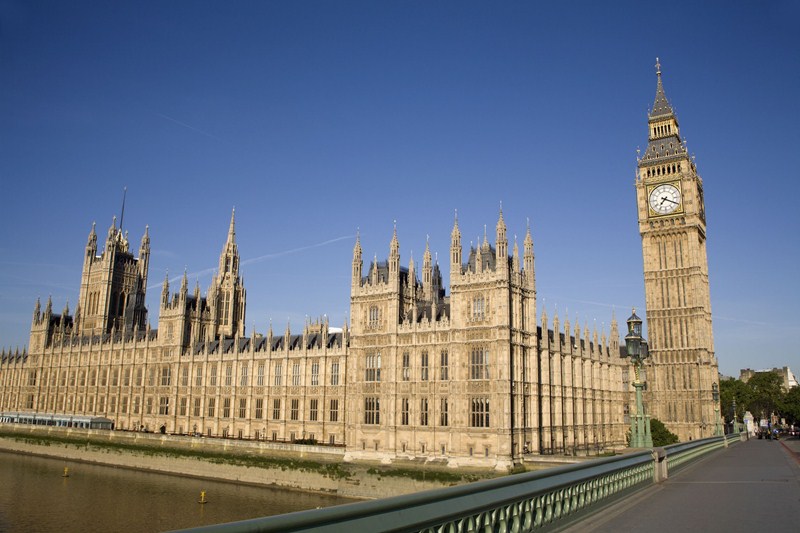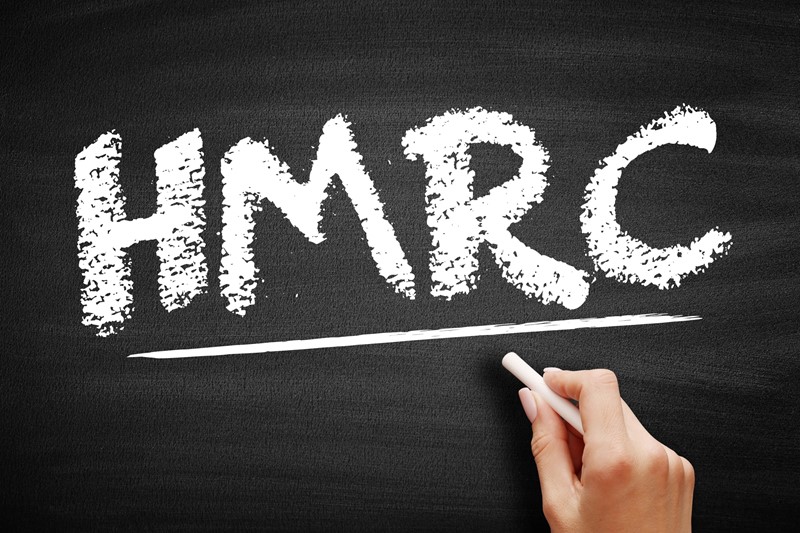The UK government offers a robust safety net for savers through the Financial Services Compensation Scheme (FSCS). This scheme is designed to protect individuals, small businesses, and charities if a bank, building society, or credit union fails, ensuring greater financial security and peace of mind.
How the Scheme Works
The FSCS guarantees deposits of up to £85,000 per person, per authorised institution. For joint accounts, the protection doubles to £170,000, as each account holder is covered individually. This means that if your bank or financial institution collapses, you will not lose your money up to this limit.
Temporary High Balances
In certain situations, the FSCS provides additional cover for temporary high balances, such as when you’ve recently sold a house, received an inheritance, or a large insurance payout. These balances are protected up to £1 million for six months, offering reassurance during significant life events.
Eligibility and Scope
The FSCS covers accounts held in UK-authorised institutions, including current accounts, savings accounts, ISAs, and certain fixed-term deposits. However, it’s essential to check that the Prudential Regulation Authority (PRA) regulates your bank. Many banks operate under the same authorisation, so splitting funds between accounts at institutions under one licence won’t increase your protection.
Beyond Deposits
While the FSCS is best known for protecting deposits, it also covers investments, insurance, and pensions under specific terms. However, these protections are subject to separate limits and conditions.
Why It Matters
The FSCS strengthens trust in the UK’s financial system, ensuring that consumers feel confident about saving and investing. For more detailed information, you can visit the FSCS website or check your bank’s coverage status directly.
The scheme stands as a cornerstone of financial stability, giving UK savers valuable protection in uncertain times.
Source:Other | 27-01-2025









